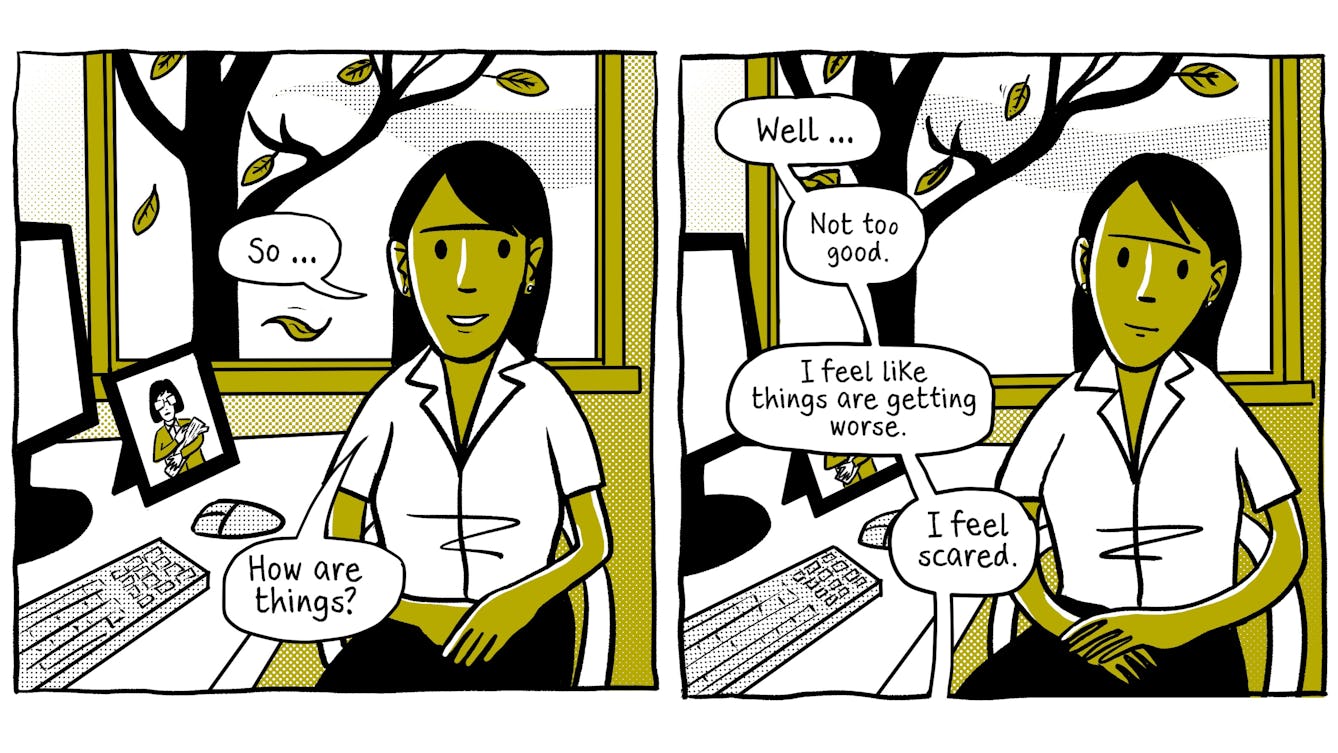
- Comic
- Comic
Thank you for listening
The most important part of the job.
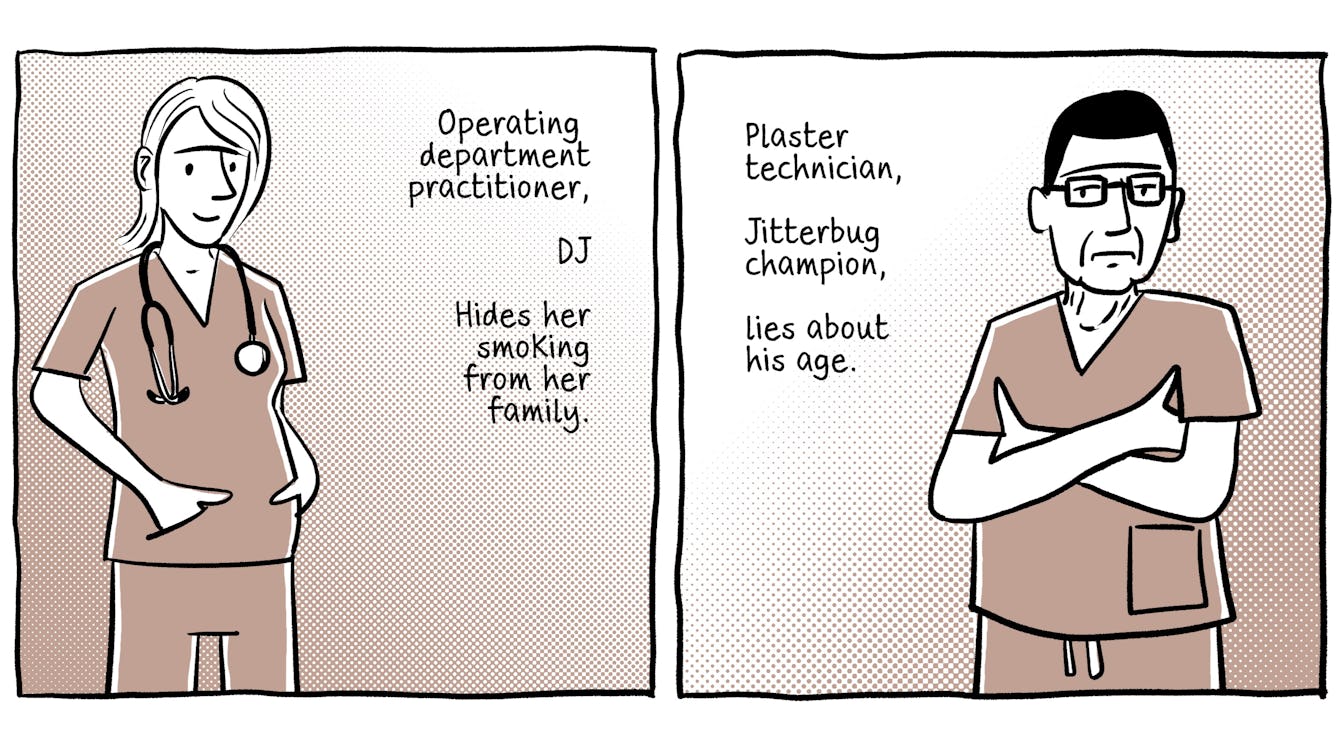
- Comic
- Comic
Humans of healthcare
Just everyday heroes.
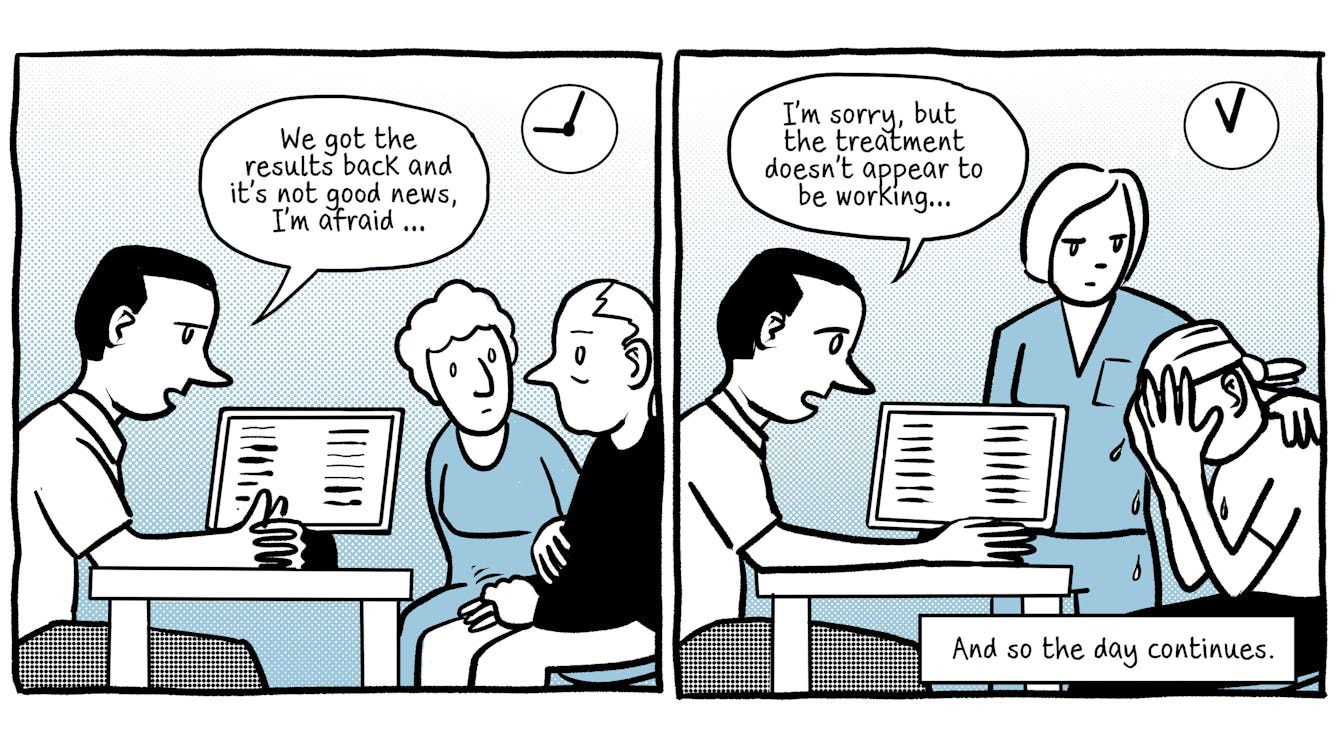
- Comic
- Comic
Clinical detachment
The reality of emotional blunting and slow burn trauma.

- Article
- Article
A history of twins in science
For thousands of years, twins have been a source of fascination in mythology, religion and the arts. Since the 19th century, they have also been the subject of scientific study and experimentation.
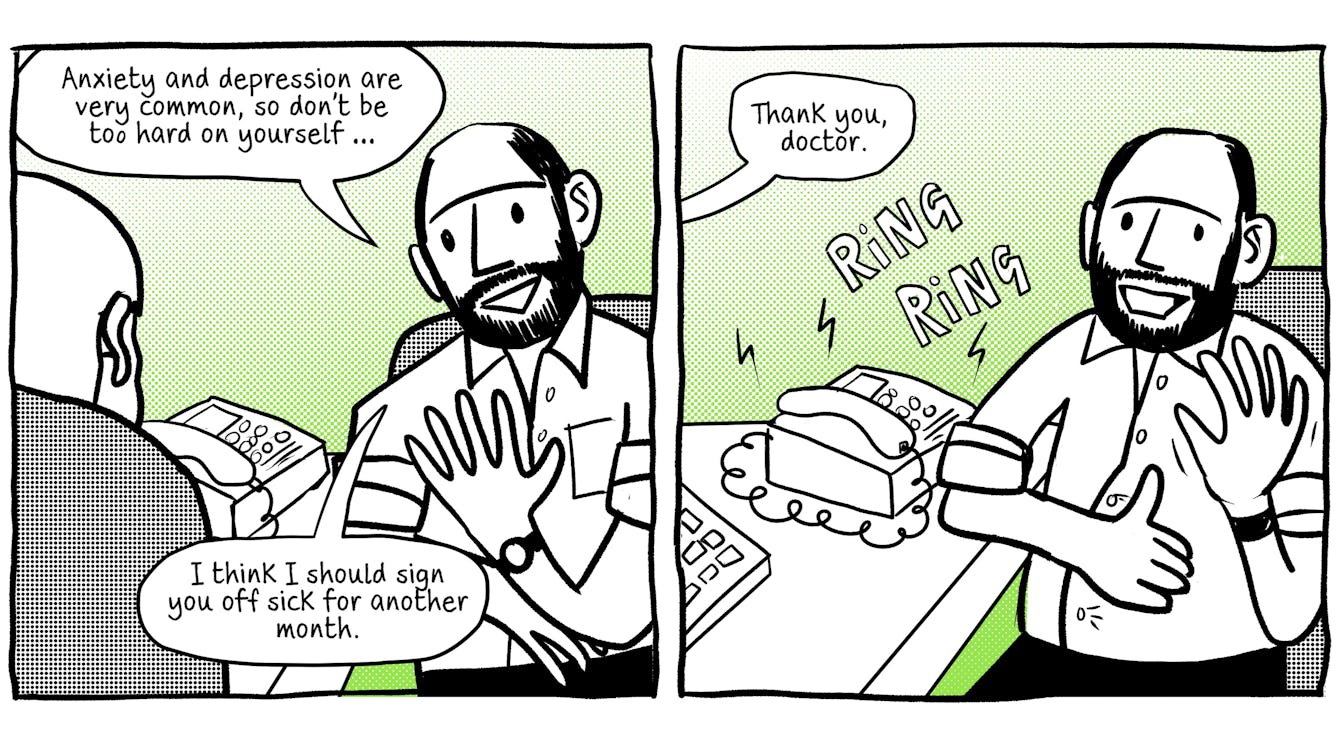
- Comic
- Comic
Empathy
Double standards – part of being human.
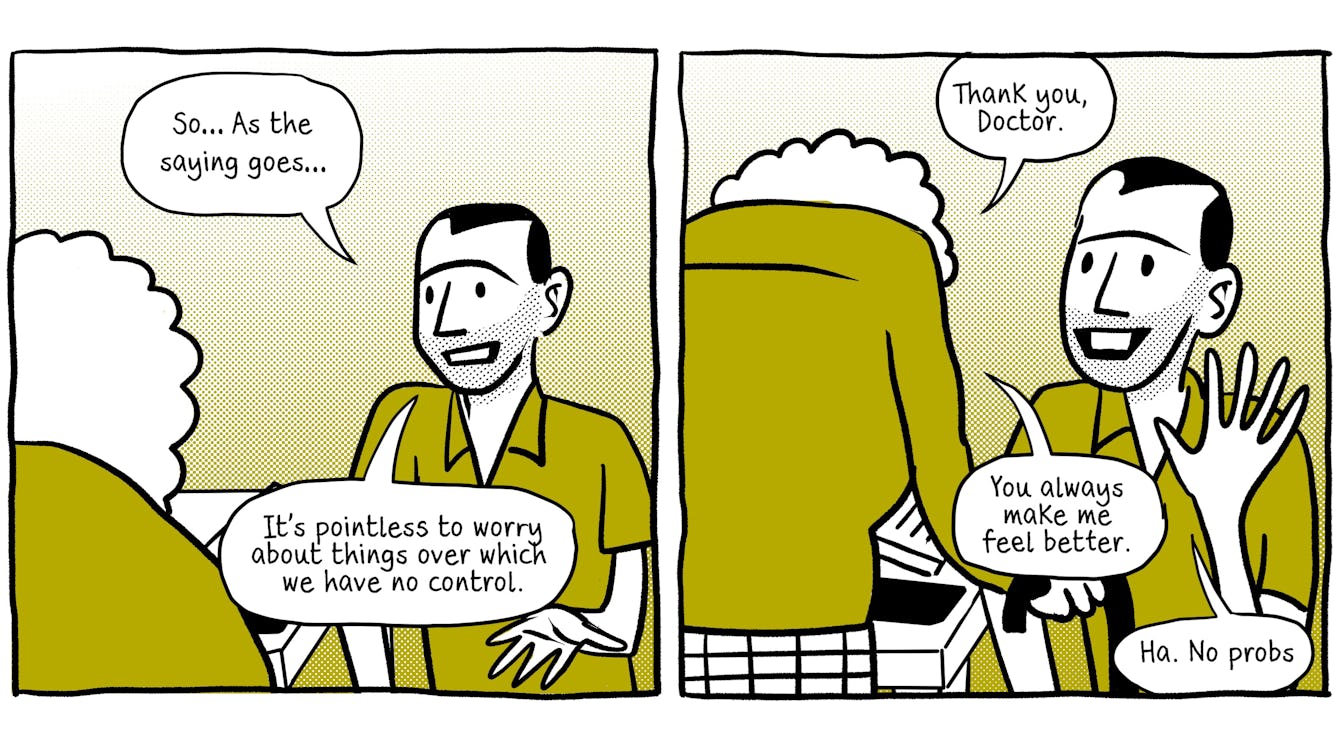
- Comic
- Comic
No worries
Some advice is easier to give, than to live.
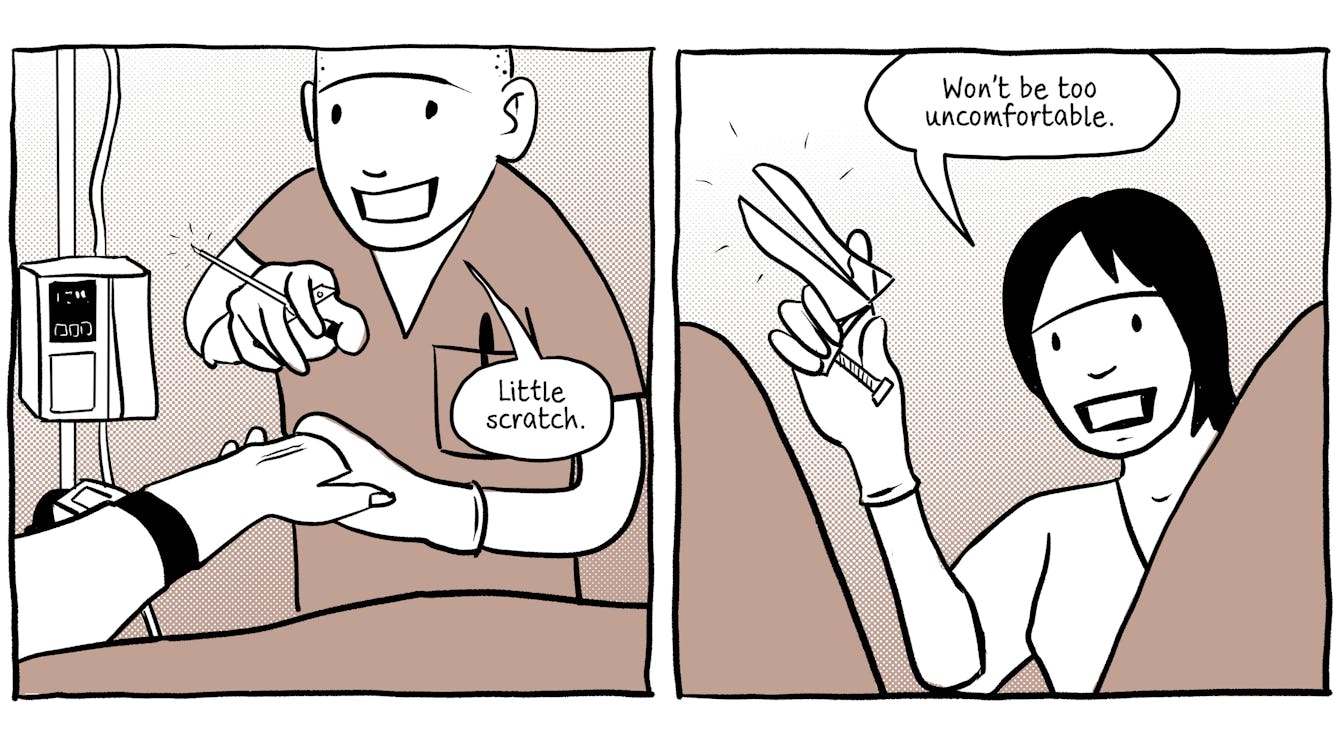
- Comic
- Comic
Biggest fibs in healthcare
Exactly what you want to hear?
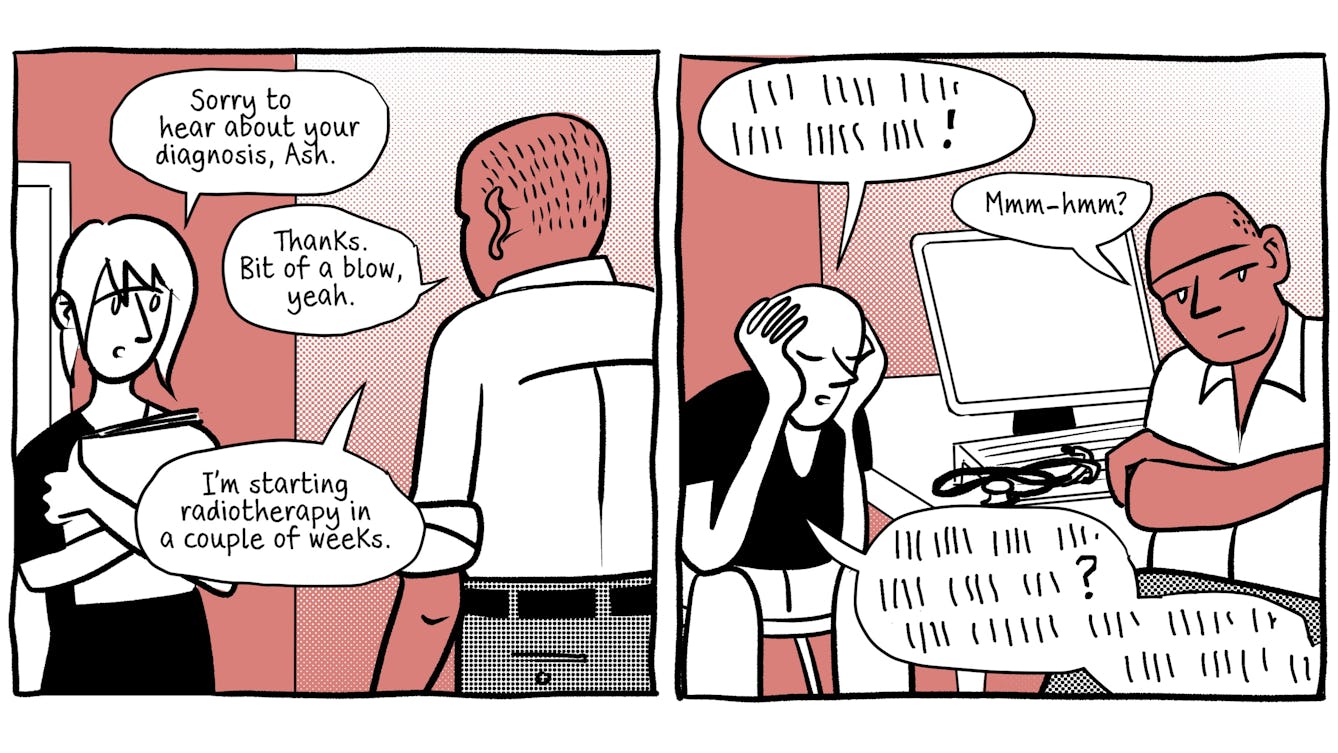
- Comic
- Comic
FINE!
There’s life on both sides of the desk.
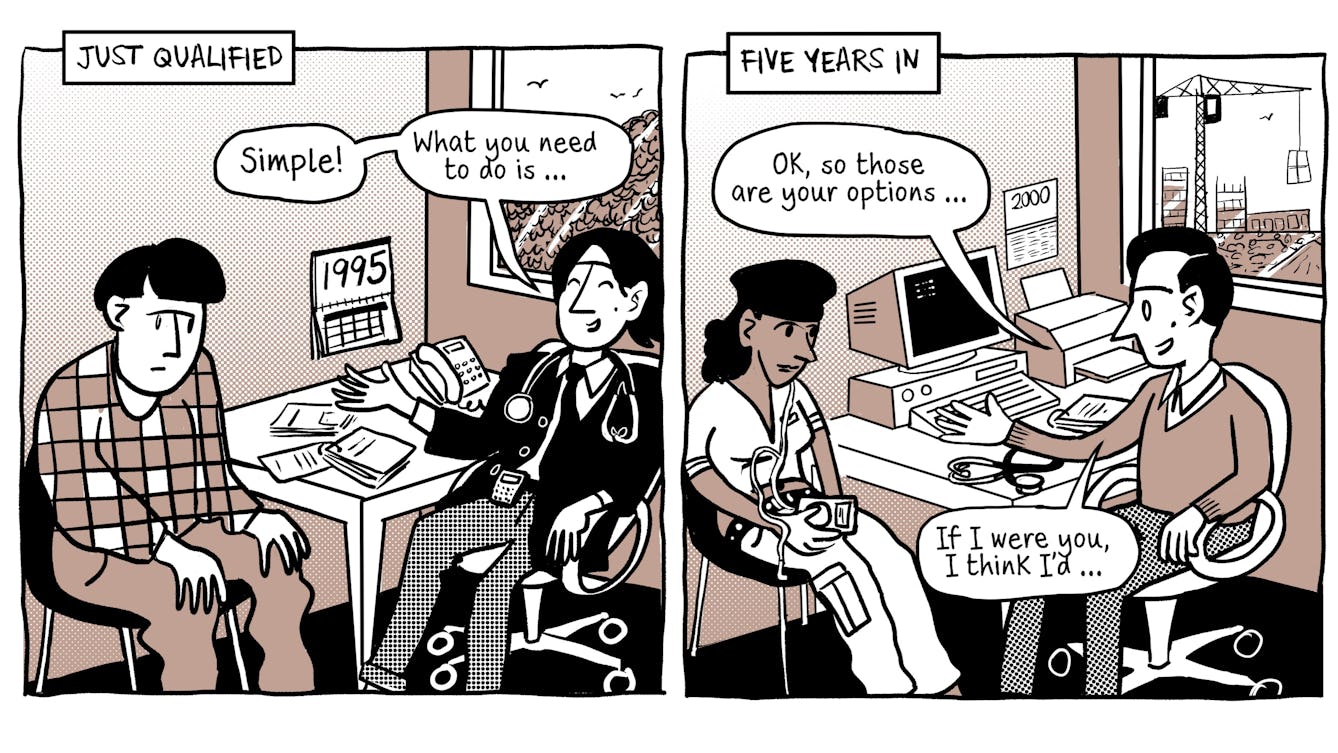
- Comic
- Comic
Changing advice
“The foole doth thinke he is wise, but the wise man knowes himselfe to be a foole.”
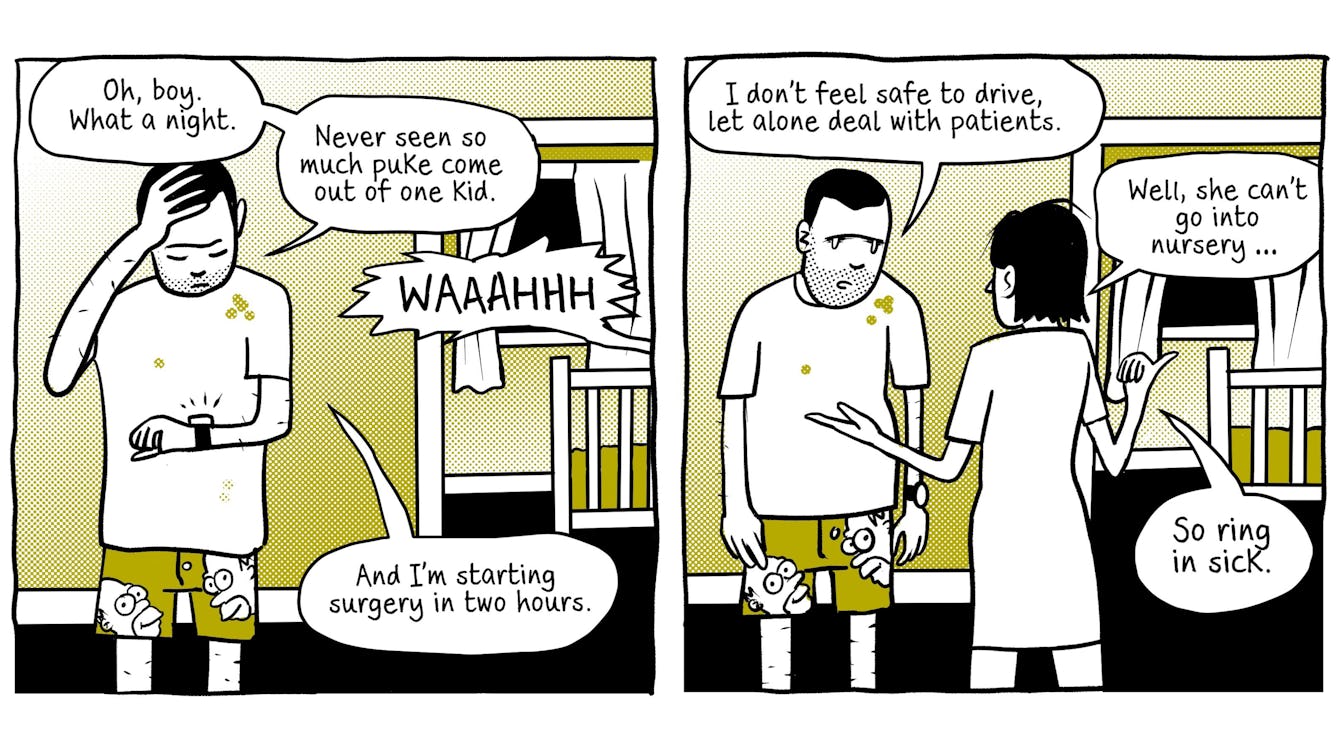
- Comic
- Comic
Presenteeism
Who is the more indispensable?
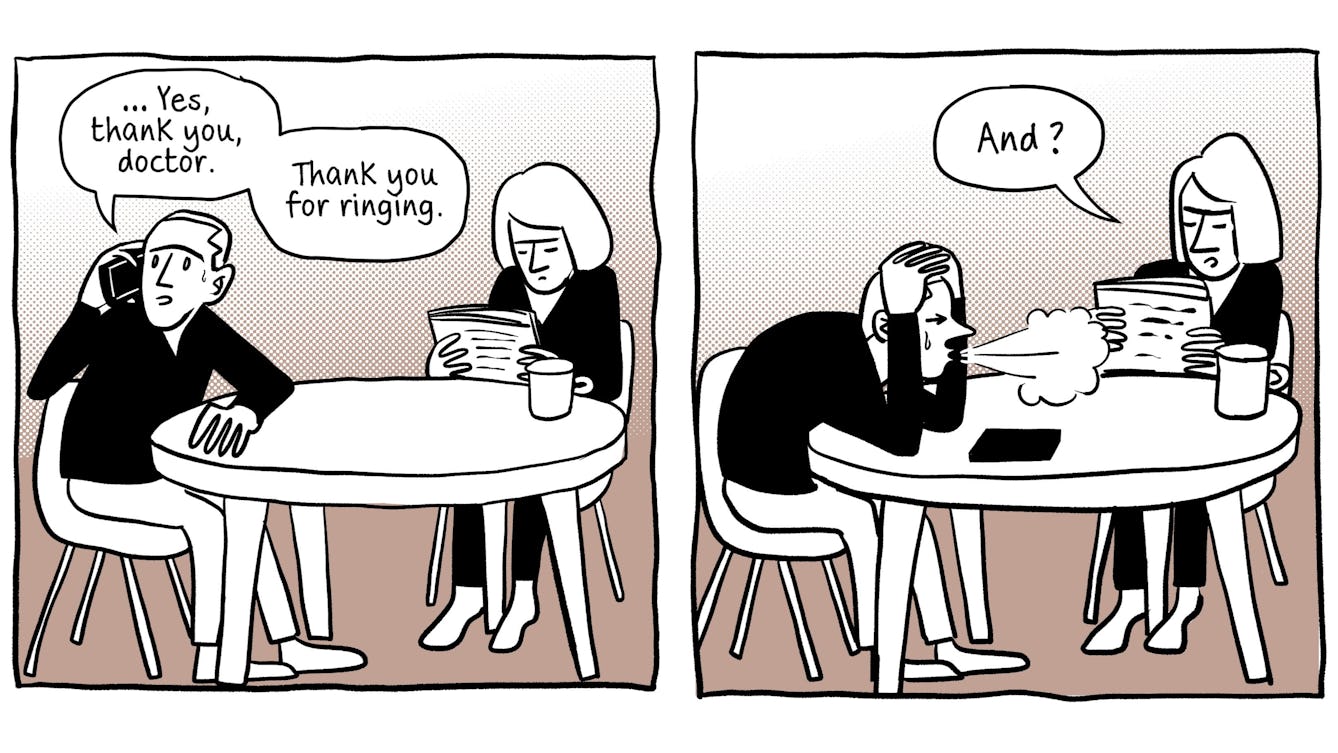
- Comic
- Comic
Scanxiety
You’ll never understand the impact of a cancer diagnosis. Until you get one.
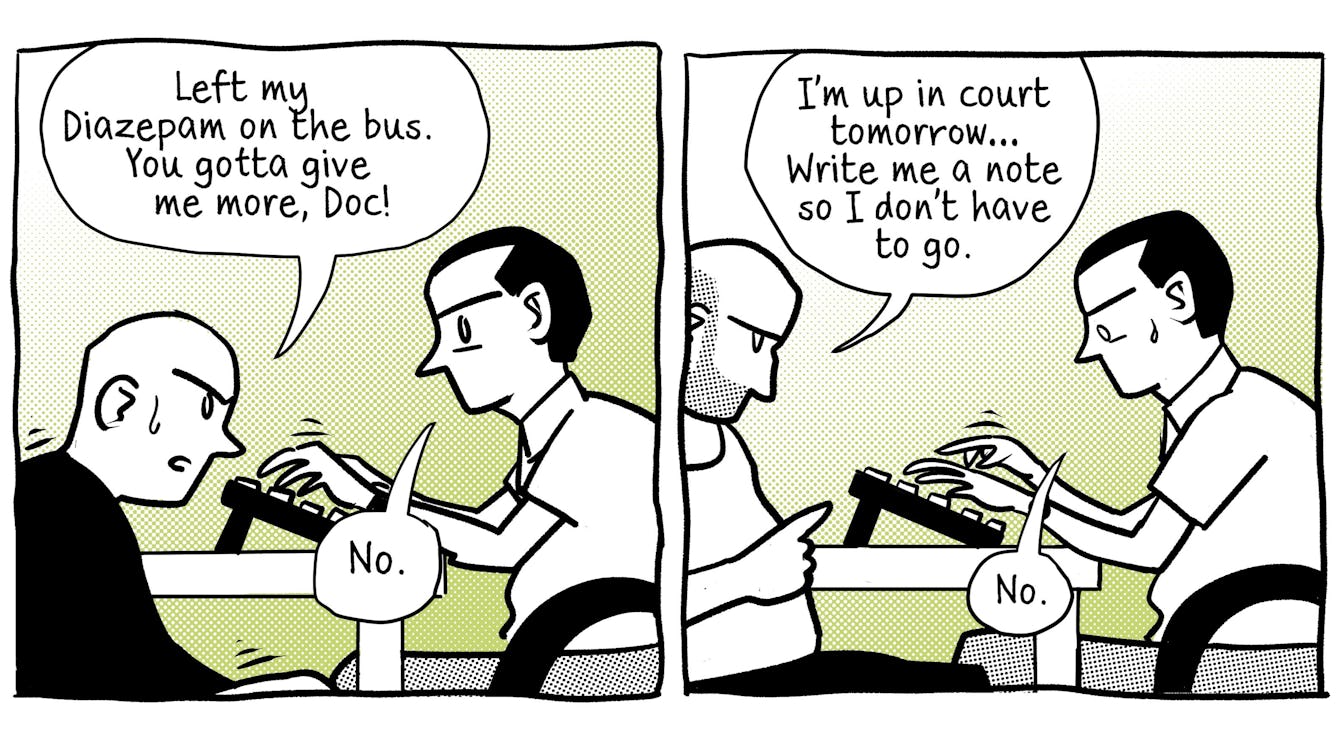
- Comic
- Comic
Dr No
Saying ‘no’ is sometimes part of the job. Long hours are always part of the job.
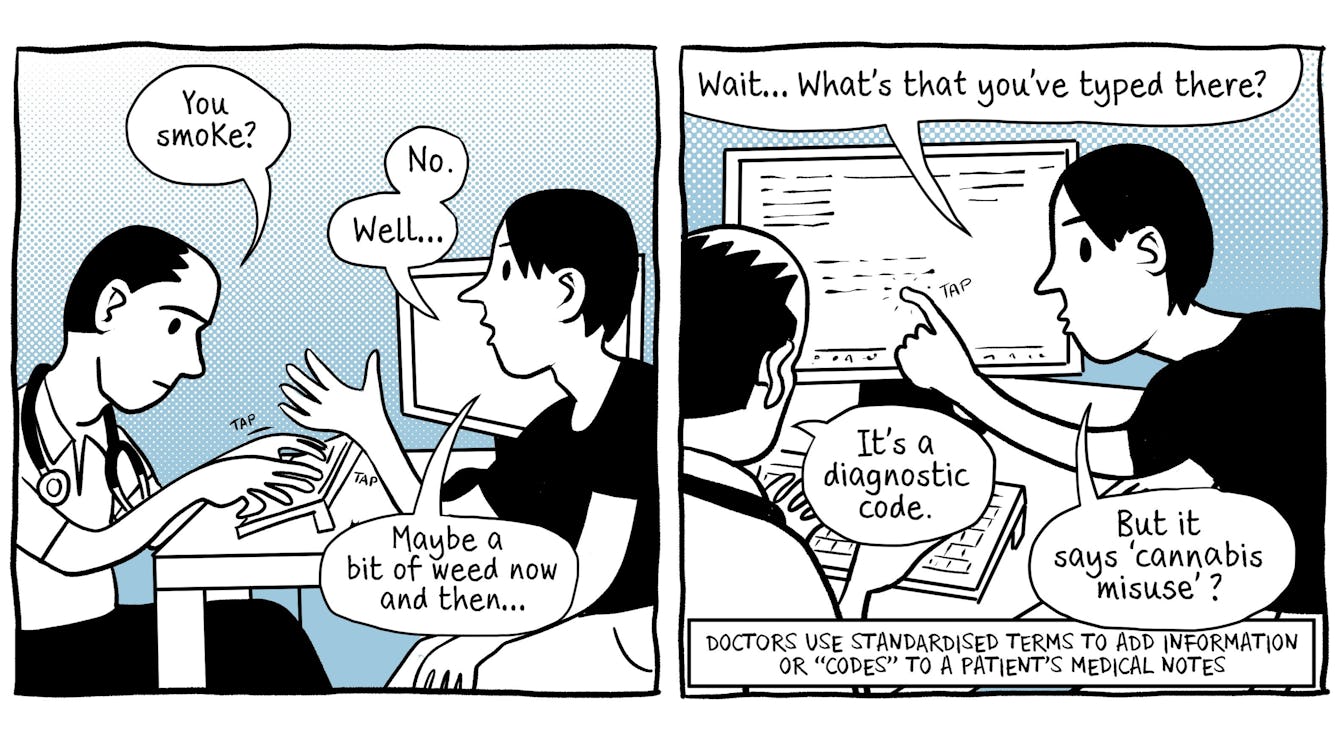
- Comic
- Comic
Blinkered codes
Be careful what you tell your doctor, their computer system may be prejudiced.

- In pictures
- In pictures
Challenging stereotypes of people with learning disabilities
Explore the voices and photographs of people with and without learning disabilities who have worked with creative arts company Heart n Soul over the last 30 years.

- Article
- Article
Eugenics and the welfare state
Indy Bhullar explores the ideas of William Beveridge and Richard Titmuss, who were strongly influenced by eugenic thinking, and yet championed the idea of the welfare state.
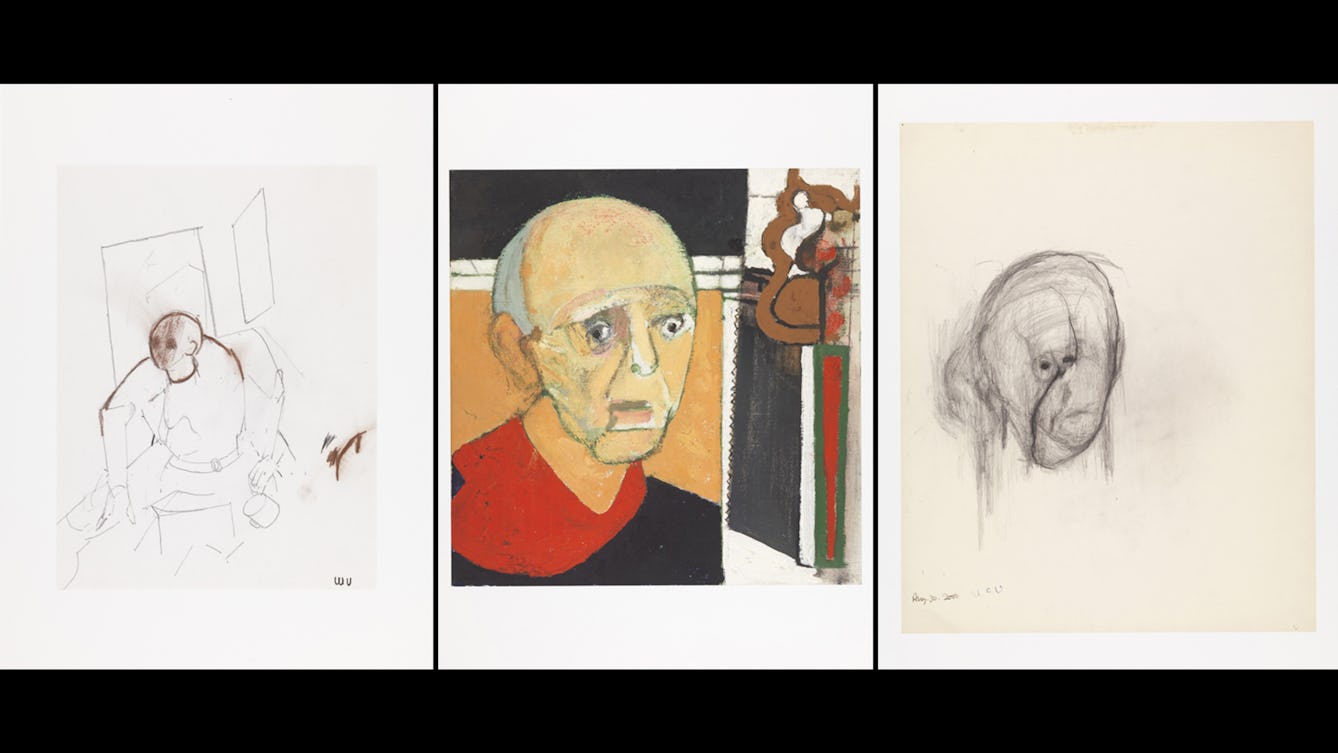
- Article
- Article
The Key to Memory: Use art to articulate
Danny Rees explains what William Utermohlen’s self-portraits can tell us about how and why we remember.

- Article
- Article
Epidemic threats and racist legacies
Epidemiology is the systematic, data-driven study of health and disease in populations. But as historian Jacob Steere-Williams suggests, this most scientific of fields emerged in the 19th century imbued with a doctrine of Western imperialism – a legacy that continues to influence how we talk about disease.

- Article
- Article
Birth, babies and boxes of memories
With memories of her baby in neonatal intensive care still fresh, Erin Beeston decides to unearth the poignant objects her family kept following births, going back as far as Victorian times.
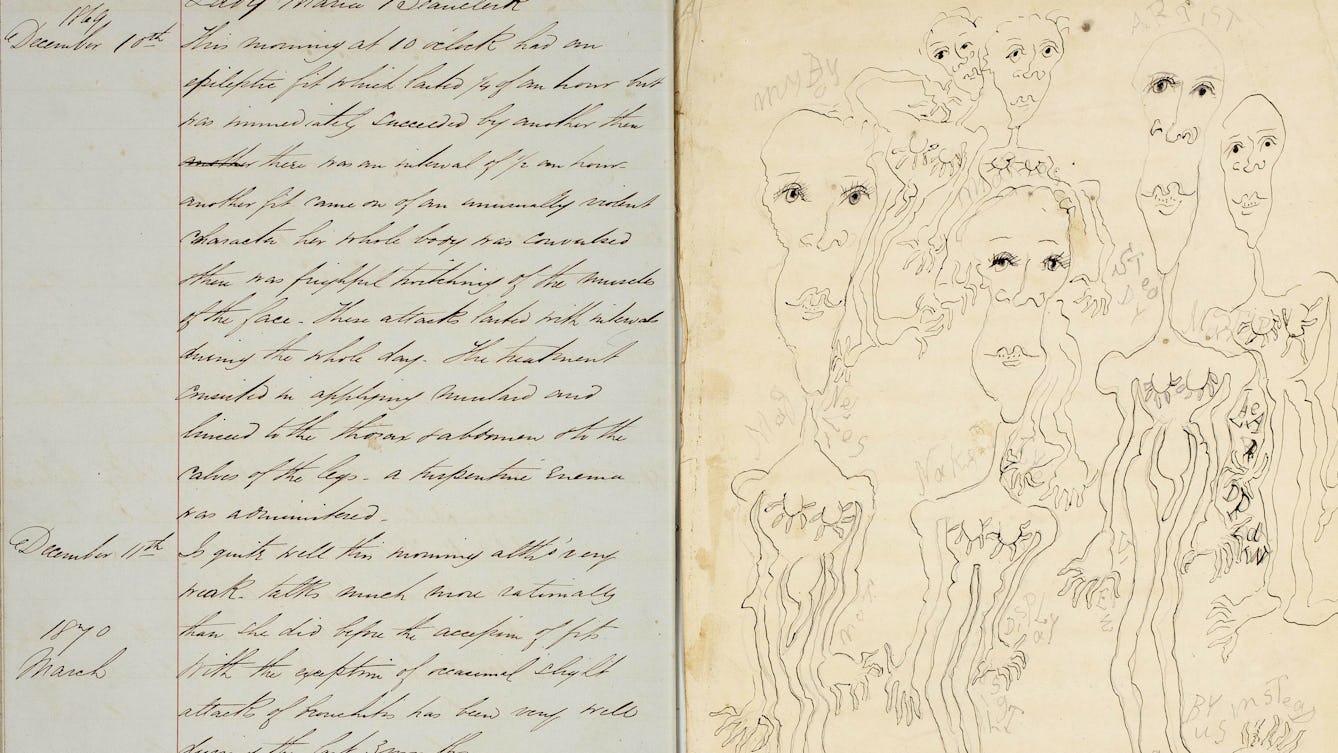
- Article
- Article
Uncovering experiences of dementia
Focusing on three 19th-century women’s case notes, Millie van der Byl Williams explores how our definition of dementia has changed.

- Article
- Article
How do advertisers get inside our heads?
Vance Packard exposed techniques of mass manipulation developed by 1950s advertisers that are still at work today in the age of big data.
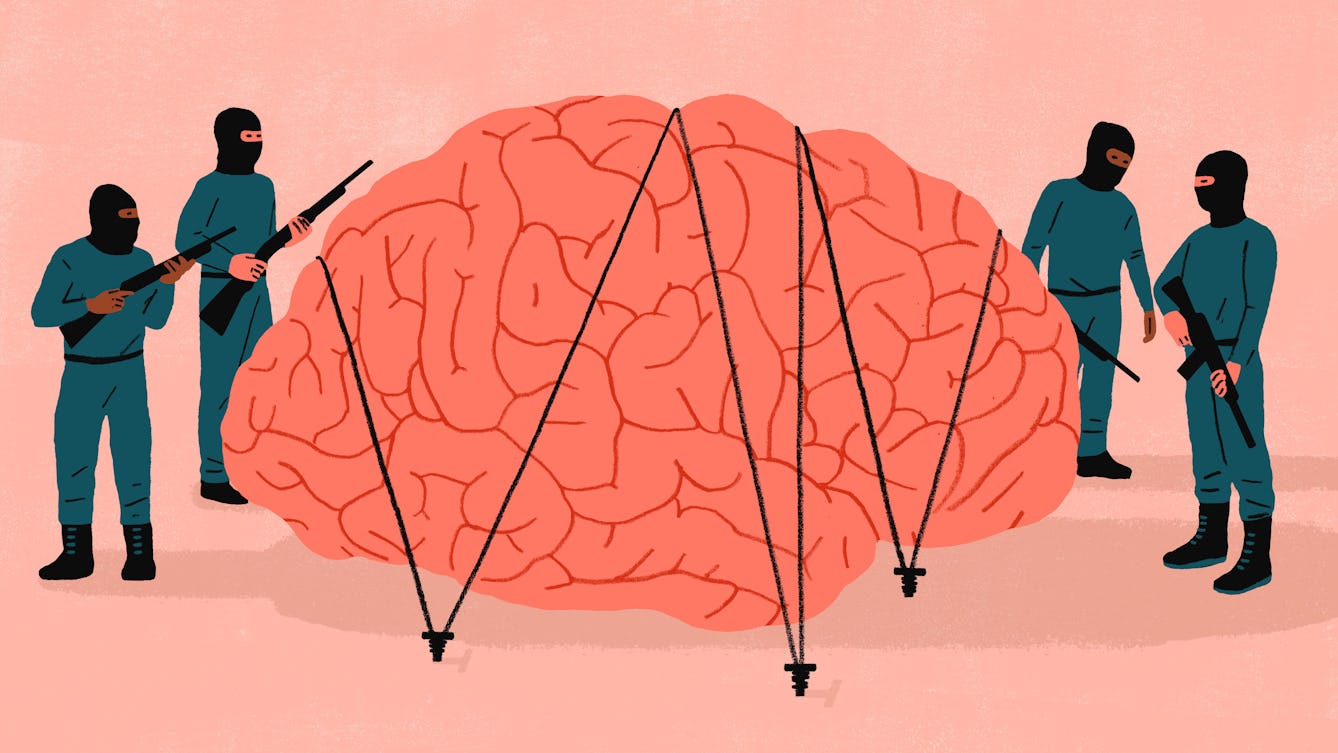
- Article
- Article
Can our minds be taken hostage?
It’s not unusual for captives to end up feeling strong bonds with their captors. But is it a matter of submission or survival?

- Article
- Article
Can isolation lead to manipulation?
Military-funded researchers wanted to know if isolation techniques could facilitate brainwashing. One neuroscientist suggested that it might improve our own control over our minds.

- Article
- Article
Can our sexual desires be transformed?
In the 1950s, many psychiatrists thought that homosexuality could be reformed. One found that it couldn’t – and his discoveries led to a change in the law.

- Article
- Article
Do good mothers make good democracy?
To be psychologically fit for democracy, one distinguished paediatrician argued that you need a ‘good enough mother’ – and that we must acknowledge the bad side of our feelings.

- Article
- Article
Does mass media pave the way to fascism?
In the aftermath of World War II, psychoanalysts found the psychological roots of authoritarianism closer to home than was comfortable.